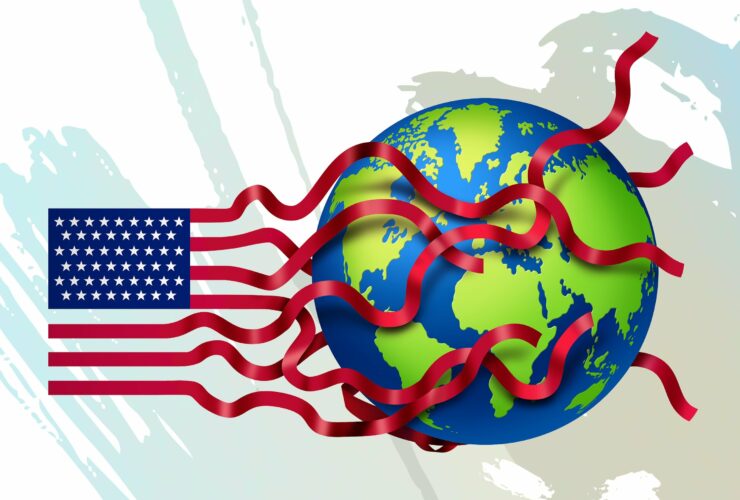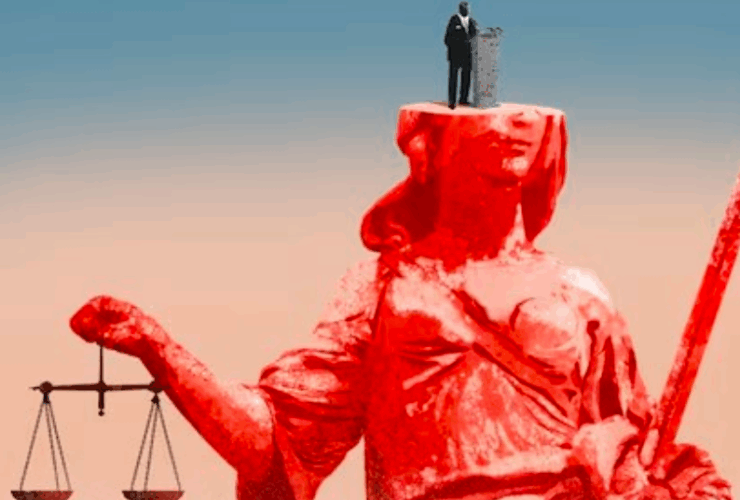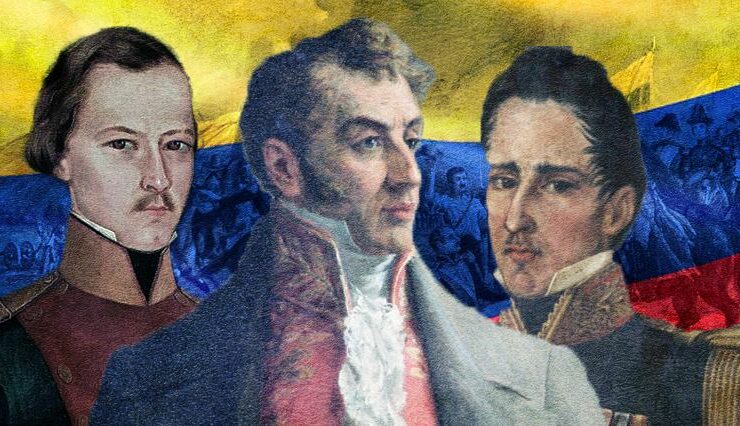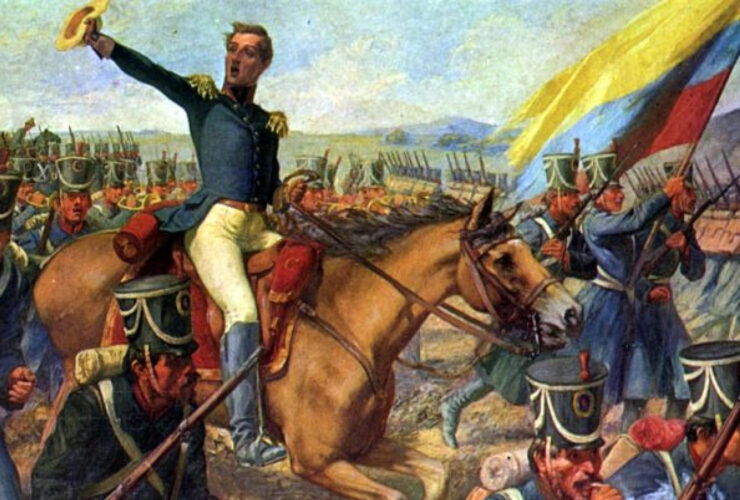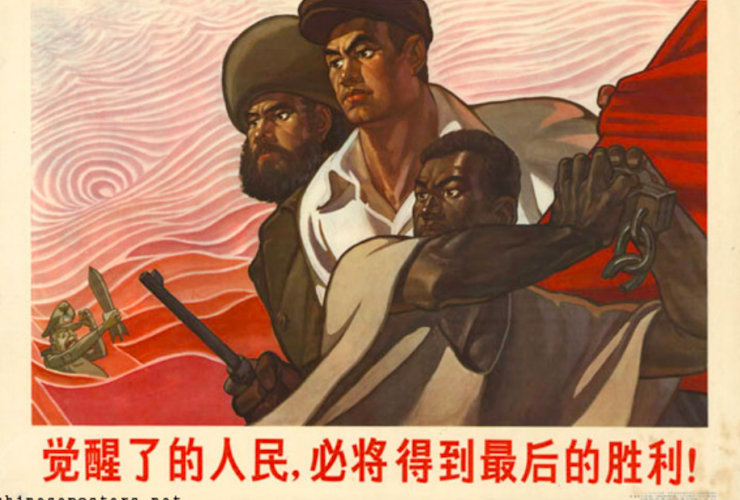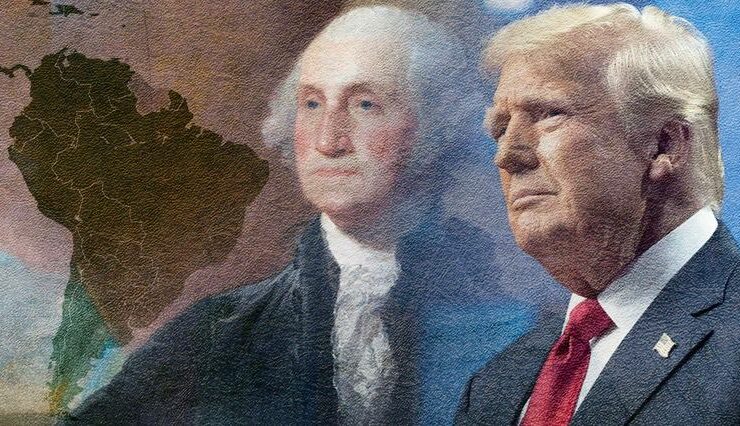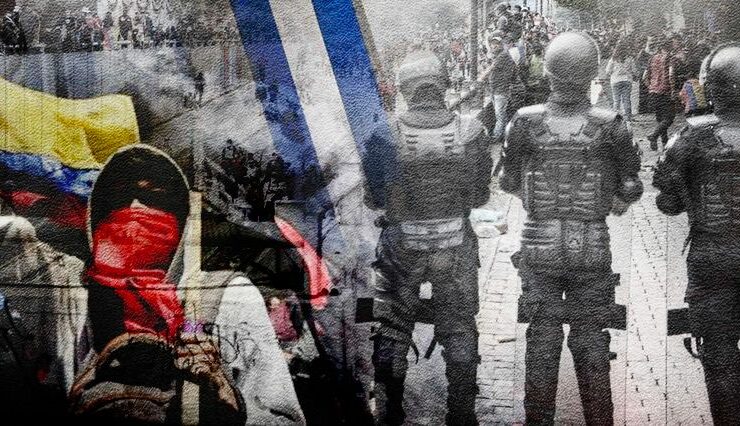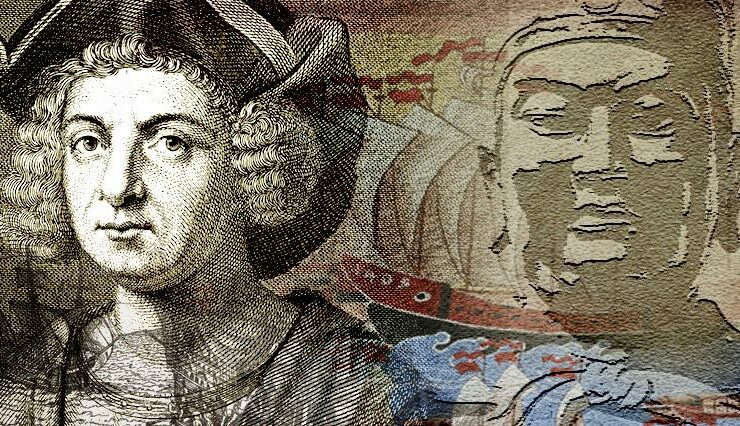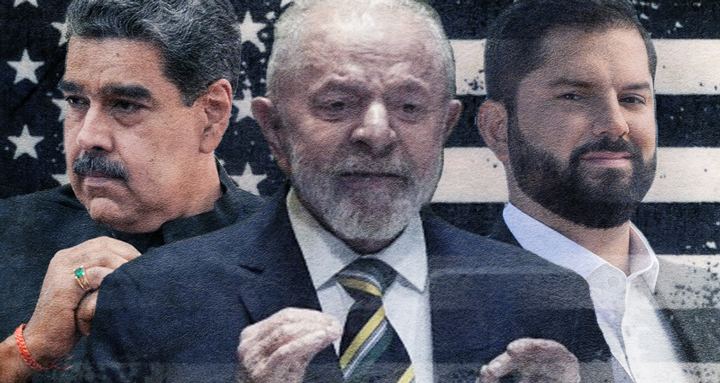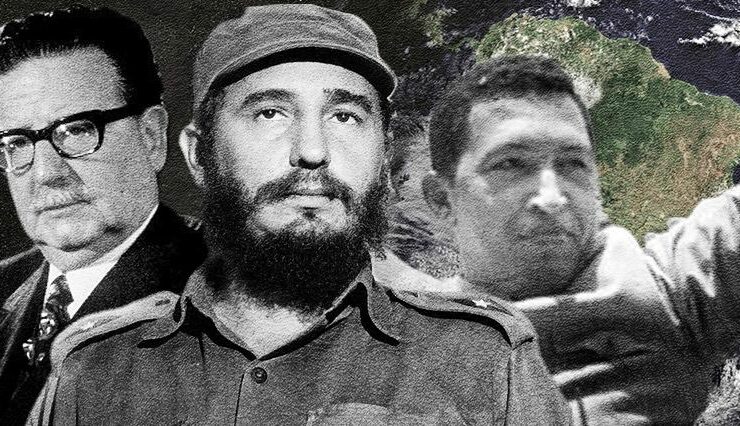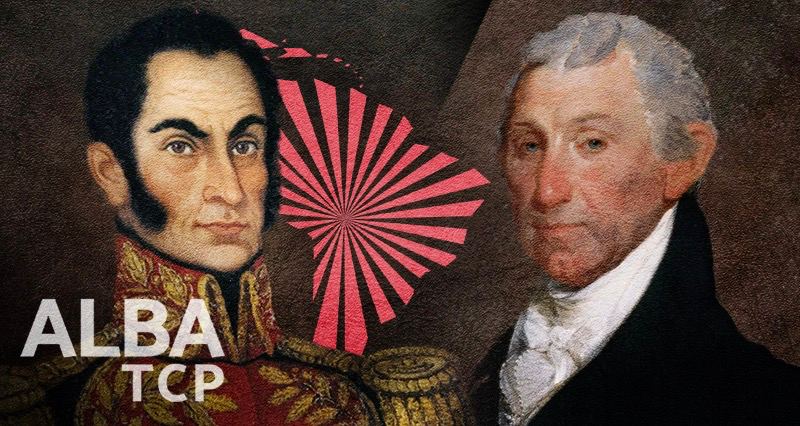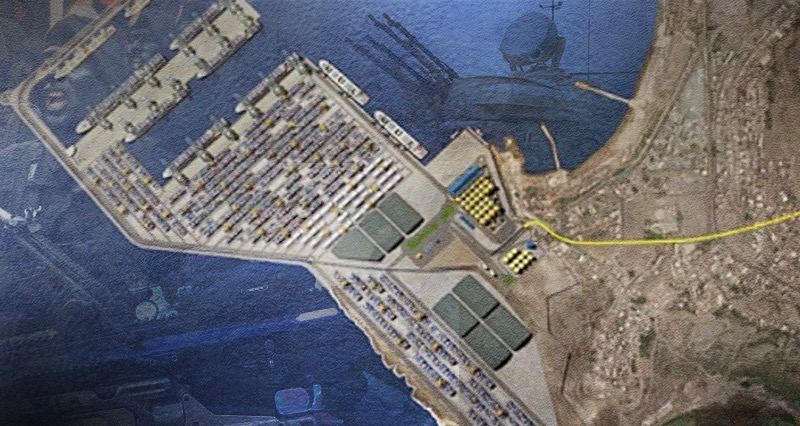Following the collapse of the Soviet Union, and with it the end of the Cold War and the bipolar world, a debate arose that went beyond the strictly theoretical and conceptual, seeking to establish what type of international system would prevail on the planet. The resolution of this controversy was not immediate. The last decade of the 20th century was ...
By Héctor Bernardo*. Marco Rubio’s pressure to stop the convictions against Álvaro Uribe Vélez in Colombia and Jair Bolsonaro in Brazil, Peter Lamelas’s statements against Cristina Fernández in Argentina, and the attacks on Mexico’s judicial reform highlight Washington’s relentless efforts to consolidate its control over Latin America’s judiciaries. The US strategic retreat requires complete control of the area it considers ...
By Sergio Rodriguez Gelfenstein On September 30, 1813, after receiving reinforcements to shake off the siege of Puerto Cabello, the Spanish began an offensive towards Valencia. Colonel Atanasio Girardot was given the mission of containing the Goths, facing a Spanish column on the heights of Bárbula. During the effort of the battle, Girardot was hit by a rifle bullet when ...
When the Liberator Simón Bolívar arrived in Peru on September 1, 1823, he found himself in a very complicated scenario. There were strong contradictions between José de la Riva-Agüero and the Marquis of Torre Tagle. The country had two presidents, two governments and two Congresses. In Colombia, although the situation was better, there were also difficulties that delayed the authorization ...
Shanghai, November 12, 2024 Dear colleagues and friends, We have been invited to this momentous event on “Decolonization and Global Cooperation” at a time when the world is struggling in a crisis apparently advancing in a transition to a better world. Various manifestations point to this path, where the world will no longer be one of Western global hegemony. Those ...
By Prof Dr Fernando Esteche, Buenos Aires / Argentina The non-consecutive re-election of Donald Trump as the president of the United States of America invites us to reflect on what Latin America and the Caribbean should expect in its historical relationship of dependence and colonialism with the decadent imperial metropolis. Trade, migration, and hemispheric security will surely be the items ...
By Fernando Esteche, Buenos Aires / Argentina When we define the four main vectors by which the imperialist mode of production is reproduced, we indicate that they are: financialization, militarism, chaotization and narcotization. To a different extent and according to the contexts, some of these vectors sometimes become clearer than others. But in general, one can always find them present. ...
The publicized national commotion that occurred in Spain as a result of the fact that the president of Mexico, Claudia Sheinbaum, did not invite the Bourbon king to her inauguration, leads to the question of whether – as a poster widely disseminated these days in the Spanish streets says – the conquistadors were “genocidal and slaveholders” or “heroes and saints”. ...
By Sergio Rodriguez Gelfenstein During the first 15 years of this century, Latin America and the Caribbean witnessed a series of democratic and popular processes that placed different versions of the left at the center of events. However, the leading role of Cuba and Venezuela and the overwhelming influence that commanders Fidel Castro and Hugo Chávez in that period generated ...
By Sergio Rodriguez Gelfenstein Assessing the role of left-wing forces in Latin America after the elections in Venezuela is a real challenge that requires a conceptual review of the term “left” since, from my perspective, it is an outdated and decontextualized definition that does not reflect current reality, leading to errors that do not allow us to reach accurate conclusions. ...
Two weeks ago, the Bolivarian Alliance for the Peoples of Our America – People’s Trade Treaty (ALBA -TCP) held its XXIII summit in Caracas, Venezuela. Two readers wrote to me separately, asking if I wasn’t going to write about that event. Coincidentally, a few days later the General Secretariat of ALBA, which has its headquarters here in Caracas, invited me ...
The authorship of the project to build a large port on the country’s coast is attributed to Peruvian admiral Juan Ribaudo. To do that, he took on the task of looking for the most suitable site and chose a piece of land in the small fishing port of Chancay located 70 km north of Lima. In 2011, the Volcan group ...







